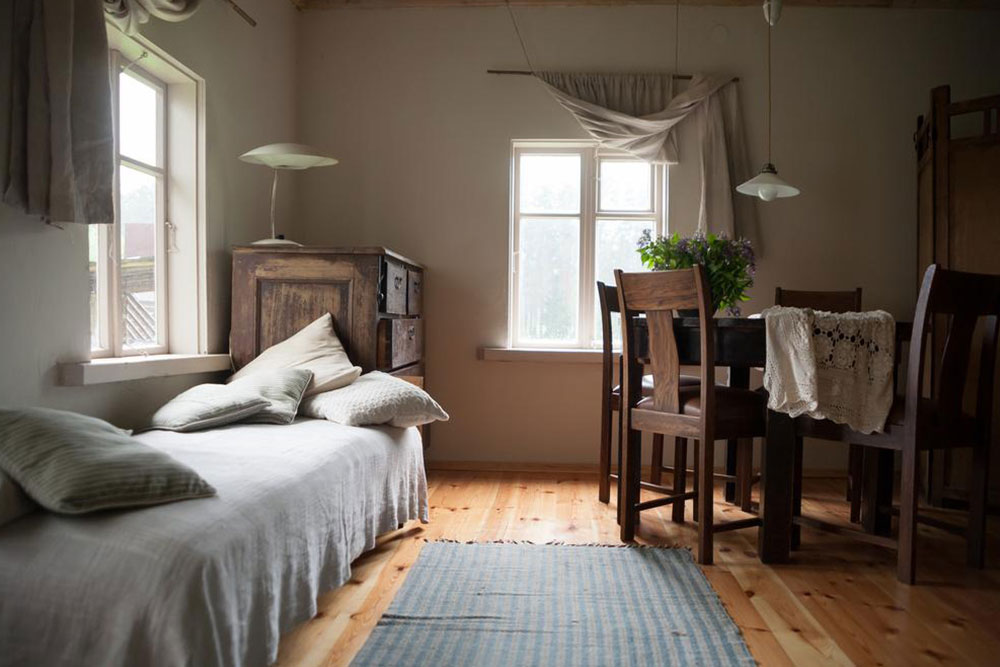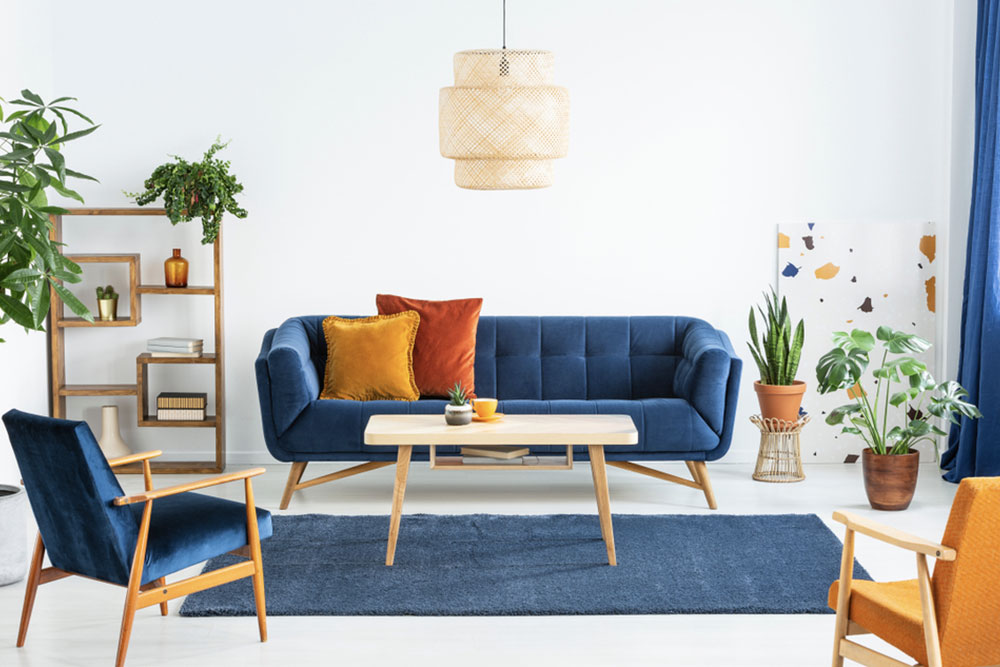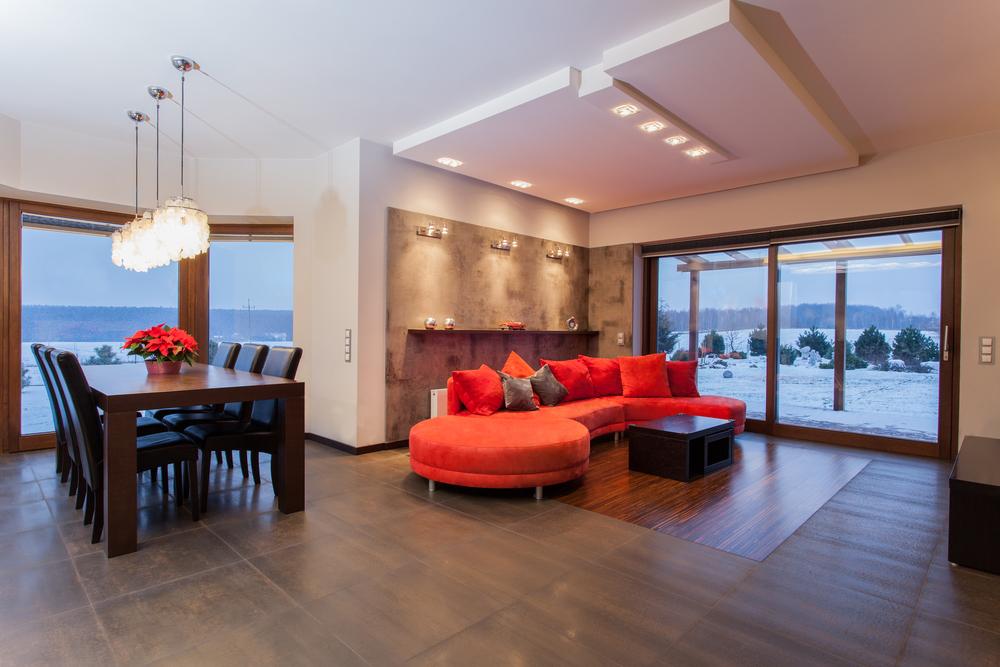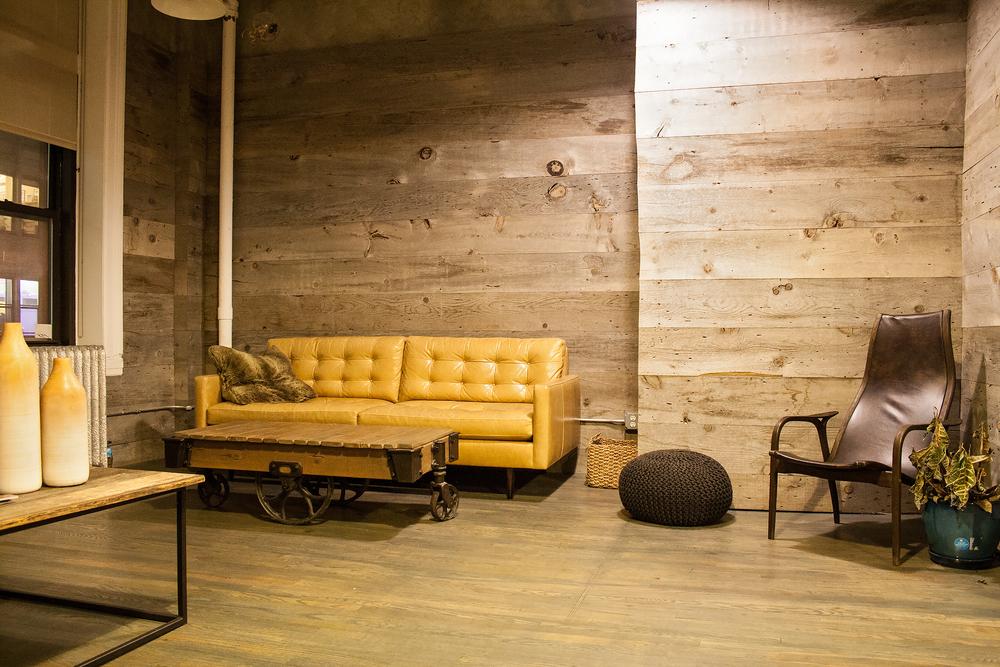Comprehensive Guide to Starting a Home Decor Business from Zero
This comprehensive guide offers detailed steps to start a successful home decor business from scratch. Learn about planning, licensing, product selection, branding, and marketing strategies to turn your passion for interior decoration into a thriving enterprise. Suitable for entrepreneurs at all levels, this article emphasizes practical tips and industry insights for establishing a profitable home decor brand. Whether focusing on niche markets or broad product ranges, discover how to navigate startup challenges and build a memorable brand in the competitive home decor industry.
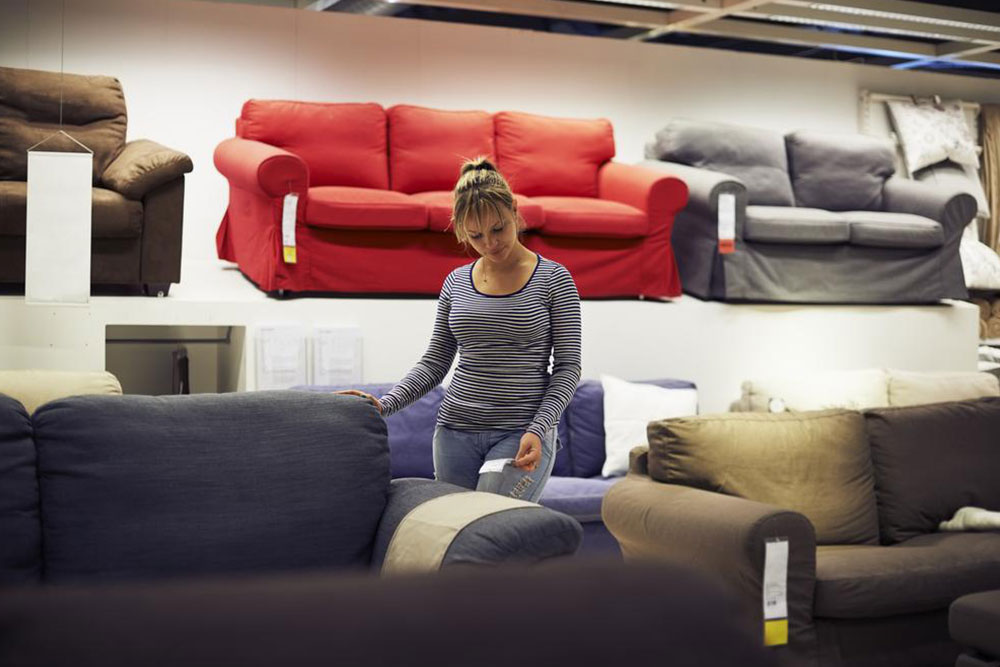
Comprehensive Guide to Starting a Home Decor Business from Zero
Embarking on a journey to establish a home decor business can be a highly rewarding venture, especially if you possess a keen eye for design and an entrepreneurial spirit. Whether you're inspired by a passion for interior aesthetics or are looking to transform your creative talents into a profitable business, understanding the necessary steps is crucial. This guide provides an in-depth overview of how to successfully launch your home decor enterprise from scratch, covering everything from initial planning to marketing strategies and branding essentials.
Unlock your potential by following these detailed steps to create a unique and profitable home decor brand!
First, developing a comprehensive and well-structured business plan is fundamental. This plan should clearly outline your business objectives, target market, product offerings, pricing strategies, and financial projections. A solid plan helps keep your business on track and provides a roadmap for growth and expansion.
Next, research and understand the legal requirements in your region for starting a small or home-based business. This includes obtaining the necessary licenses, permits, and insurance coverage to operate legitimately and protect your interests. Understanding local zoning laws, health and safety regulations, and tax obligations ensures a smooth setup process and compliance with all legal standards.
Once your legal framework is in place, it’s time to focus on your product selection. Decide on the specific types of home decor items you want to produce and sell. These could range from decorative textiles, wall art, lighting fixtures, furniture accents, kitchenware, to outdoor decor. Carefully estimate the startup capital needed, considering costs for raw materials, tools, equipment, branding, marketing, and operational expenses.
Define your niche focus within the home decor market. For instance, you might specialize in modern living room accents, rustic outdoor furniture, minimalist office decor, or charming nursery accessories. Choosing a specific niche helps target your marketing efforts more effectively and establishes your brand’s identity.
Consider your production capacity and available skills. Decide whether you'll handle all aspects of production yourself or outsource certain tasks to reliable vendors. This decision depends on your budget, technical skills, and available time. Outsourcing can be a cost-effective way to scale production, but maintaining quality control is vital.
Strategize your sales and marketing channels. Will you sell through local home decor shops, craft fairs, or outdoor markets? Or will you establish an online presence using e-commerce platforms, social media channels, and your own website? Combining both offline and online opportunities can maximize your visibility and customer reach.
Evaluate your budget carefully. Startup expenses typically include licensing fees, inventory costs, storage facilities, packaging materials, marketing campaigns, and possibly a dedicated workspace. Decide whether to operate from a home workshop or rent a dedicated studio, considering space, convenience, and costs.
Initial marketing efforts should focus on creating a strong online presence. Develop social media accounts on platforms like Instagram, Pinterest, or Facebook to showcase your products and connect with potential customers. Building a compelling website can also serve as a central hub for your brand.
Decide on the nature of your product offerings. Will you create custom-designed pieces tailored to client needs, or develop your own product line based on your creativity? Both approaches have their advantages, but starting with a niche focus helps streamline production and marketing efforts.
Branding is a critical component of your business. Choose a memorable and meaningful business name that reflects your style. Design a professional logo and create visual branding elements that are consistent across all packaging, social media, and promotional materials. Keep branding costs reasonable by emphasizing quality and creativity over expensive packaging options.
Focus on building a reputation for high-quality products within your chosen niche. Whether you specialize in decorative textiles, small functional items like vases and kitchenware, or wall art, delivering consistent quality and unique designs helps attract repeat customers and positive word-of-mouth referrals.
Launching a home decor business requires dedication, creativity, and strategic planning. By following these comprehensive steps, you can turn your passion for interior design into a successful entrepreneurial venture. Remember, gradual growth and continuous learning are the keys to long-term success in this vibrant industry. With persistence and a clear vision, your home decor brand can flourish, bringing beauty and comfort into homes while providing you with a fulfilling career.
